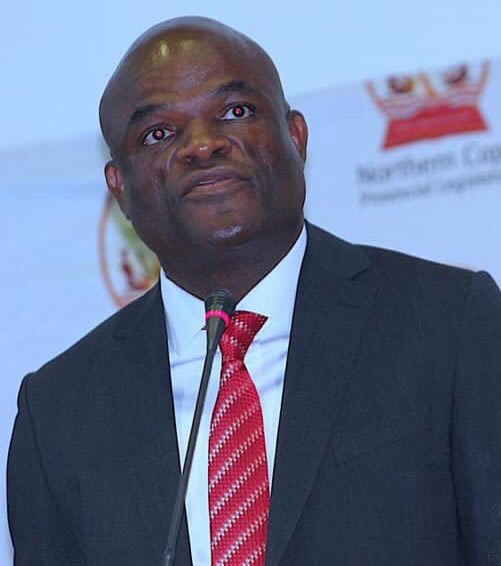The SACP in the Northern Cape has slammed its ally in the province, the ANC, saying the relationship between the two organisations was characterised by “deceit, insincerity and dishonesty”.
The communists were angry with how the ruling party changed the list of people to be deployed to the provincial legislature and the National Council of Provinces (NCOP).
“The socio-economic impact of the pandemic on the working class has been devastating especially on child-headed households, the elderly, women and children and vulnerable workers across the province. This requires a united revolutionary alliance based on honesty and integrity working in the interest of our people,” said the SACP in a statement issued by its spokesperson, Patrick Bosiame.
“As the SACP we’re, however, concerned by how the alliance is currently functioning in the province under the leadership of the ANC which is characterised by deceit, insincerity and dishonesty on issues of governance, accountability and strategic deployment,” he added.
Bosiame said the MPLs and MPs lists were changed without genuine consensus with them, arguing the move was disingenuous, to say the least.
These strong words came after a meeting of the party’s provincial executive committee at the weekend.
But the ANC has hit back, saying they were taken aback by the “unfortunate remarks” of the SACP.
In a statement, the ruling party, which is led by its provincial chairperson Zamani Saul, said the SACP should use alliance protocols before making their announcements.
“Since the election of the ANC provincial executive committee, the ANC leadership collective has always been consistent in consulting the alliance on all strategic decisions taken. This misrepresentation of the truth is unfortunate to say the least,” sais the organisation.
“The ANC as the leader of the alliance has in fact convened several alliance secretariat meetings to deal with strategic matters relating to the list as recent as last week,” it added.
The ANC also added that the alliance had agreed to convene secretariat meetings and a political council before the end of July 2020 to discuss critical issues that affect the organisations.



